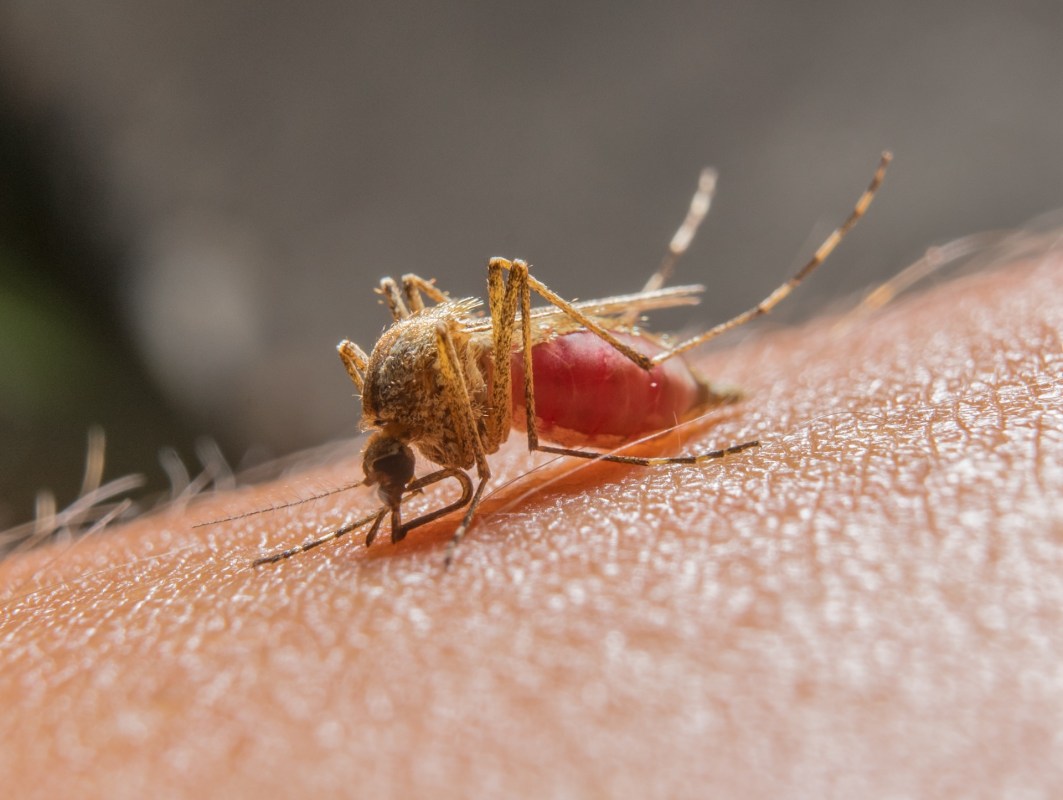Despite a lower incidence than similar mosquito-borne viruses like dengue, Zika remains a concern for the global community, according to leading health organizations.
What's happening?
Though there has been a global reduction in cases of Zika since the mosquito-borne virus peaked in 2017, it now has reached 89 countries, according to a press release from the Pan American Health Organization.
Sporadic increases also have been observed in some areas — particularly throughout the Americas — in recent years. Brazil alone reported 33,386 cases in 2023, and by early 2024, the virus had been observed in several countries in Central America, making it as far north as Mexico.
And though Zika doesn't pose a serious threat in most cases, prevention and early response can prove difficult.
"Most infections with this virus are asymptomatic or mild, making their detection by healthcare systems quite challenging," María Van Kerkhove, Head of the Emerging Diseases and Zoonoses Unit at the World Health Organization, said in the release.
Why is the spread of Zika concerning?
According to the WHO, pregnant women are particularly susceptible to the virus, which can lead to congenital malformations and an increased likelihood of preterm births or spontaneous abortions.
In rare cases, the Centers for Disease Control and Prevention says Zika can also lead to the development of Guillain-Barré syndrome, a sickness that causes one's nervous system to damage its nerve cells. Very rarely, it can also lead to a rare brain disease that causes brain or spinal-cord swelling, or a blood disorder that can result in bleeding, bruising, or slow blood clotting.
Precision Vaccinations, LLC, an international publisher of scientific information aimed at helping people make more informed vaccine decisions, suggested that the spread of Zika is a consequence of a warming world, which is expanding the range of disease-carrying mosquitoes.
Zika is not the only mosquito-borne illness expected to increase due to rising global temperatures. Scientists also expect malaria, which kills about 1 million people annually, to widen its geographical range and increase in incidence, according to the United Nations.
Experts have also predicted that climate change could facilitate the spread of other infectious diseases, including hepatitis E.
What's being done about Zika?
In March 2022, the WHO launched the Global Arbovirus Initiative, which aims to mitigate the growing risk of epidemics due to viruses spread by mosquitoes, flies, ticks, and other arthropods.
And in September 2023, experts convened for the EPI-WIN webinar: Zika virus: learning from the past, preparing for the future. At the event, the group discussed the global Zika situation and measures to track its transmission for preparedness and early response.
You can protect yourself by being aware of Zika risk where you are and avoiding mosquito bites when possible. No vaccine is currently available for Zika, but research is underway.
Join our free newsletter for weekly updates on the coolest innovations improving our lives and saving our planet.









